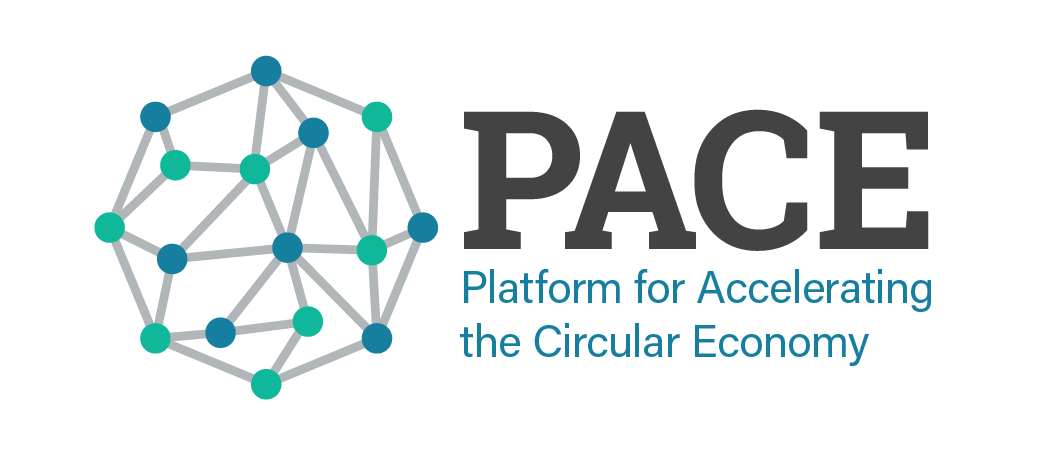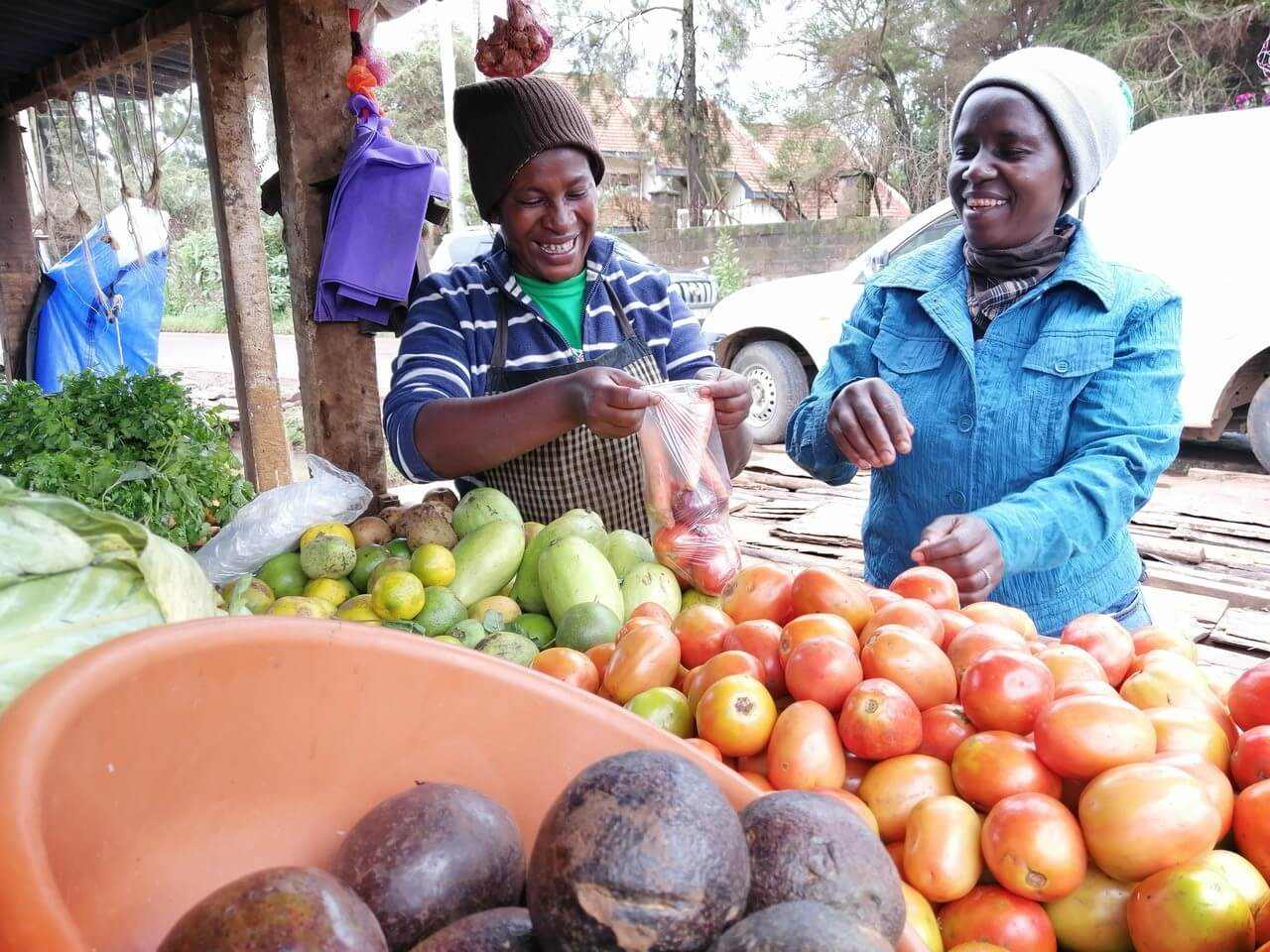FoodFlow
This Action aligns to the following Calls to Action from the Circular Economy Action Agenda for Food:
4. Better Understand Hotspots of Food Loss and Waste
5. Integrate Food Loss and Waste More Broadly in the SDG Agenda
6. Increase Investment in Food Loss and Waste Reduction
7. Reframe Wasted Food and Byproducts as Valuable Resources
8. Facilitate Secondary Market Development and Access
10. Increase Information Accessibility and Data Utilization
“We believe reducing post-harvest food loss is a flywheel to driving sustainable change in the Kenyan food system.”
- Fennie Lansbergen, Director East Africa at Enviu
Location
Kenya
Leading partner
Enviu, a foundation that designs and builds innovative ventures that drive the transition towards tomorrow’s economy.
Ambition behind FoodFlow
Short-term: Showcase a professional 0% loss fruit & vegetable chain for the domestic market in Kenya.
Long-term: Enable third party businesses to scale proven concepts throughout East Africa to create an inclusive commercial value chain and increase farmer’s resilience.
The African fruit and vegetable market
The African fresh-food system needs to become more sustainable.
-
Smallholder farmers: lack of access to technology, knowledge about farming practices, commercial markets, and financial products
-
Food loss: more than 40% of fruit- and vegetables is lost post-harvest
-
Trading chain: poor logistics and too many traders in the chain
Context
In East Africa almost half of all fruits and vegetables are lost on their route to market. This has consequences, it means farmers can't earn a real living, that there isn't enough nutritious, affordable food and both resources and carbon emissions are being wasted on food that never makes it to market. To feed the growing population, the amount of food reaching the market needs to see a 60% increase by 2050.
Our FoodFlow program creates a showcase value chain for French beans, mangos and avocados by developing the technology needed to drive out post-harvest losses and create a flourishing value chain for all. Our ambition is to build a value chain made up of sustainable, circular business models, achieving 0% post-harvest loss, increasing incomes and improving food security. The goal is to grow this showcase chain to other crops and regions throughout East Africa and beyond. Joining forces with the group of food experts within the PACE network and building on their successes, failures, skills, technologies and network, will immensely help to realize the envisioned change.
Plan of action
FoodFlow is currently integrating four key interventions in one value chain for French beans, mangos and avocados. These interventions are developed and tested in the chain, in order to scale at a later stage.
-
SokoFresh – An agritech start-up piloting mobile cold storage as a service at farmgate for aggregation of produce. They work together with the local governments of the counties Murang'a, Kitui, Kajiado and Kiambu, which provide them with land to use.
-
Taimba – A mobile-based platform scaling the farm to fork concept. They buy produce from farmers, sell it to small retailers online, and deliver it directly to their stores.
-
Processing as a service for the smallholder farmer (in development).
-
Online market linkage, to directly link farmers to larger buyers (in development).
Project Partners
Enviu, Rabobank, IKEA Foundation, UKAID, Doen Foundation, and RVO (Rijksdienst voor ondernmened Nederland), Argidius

